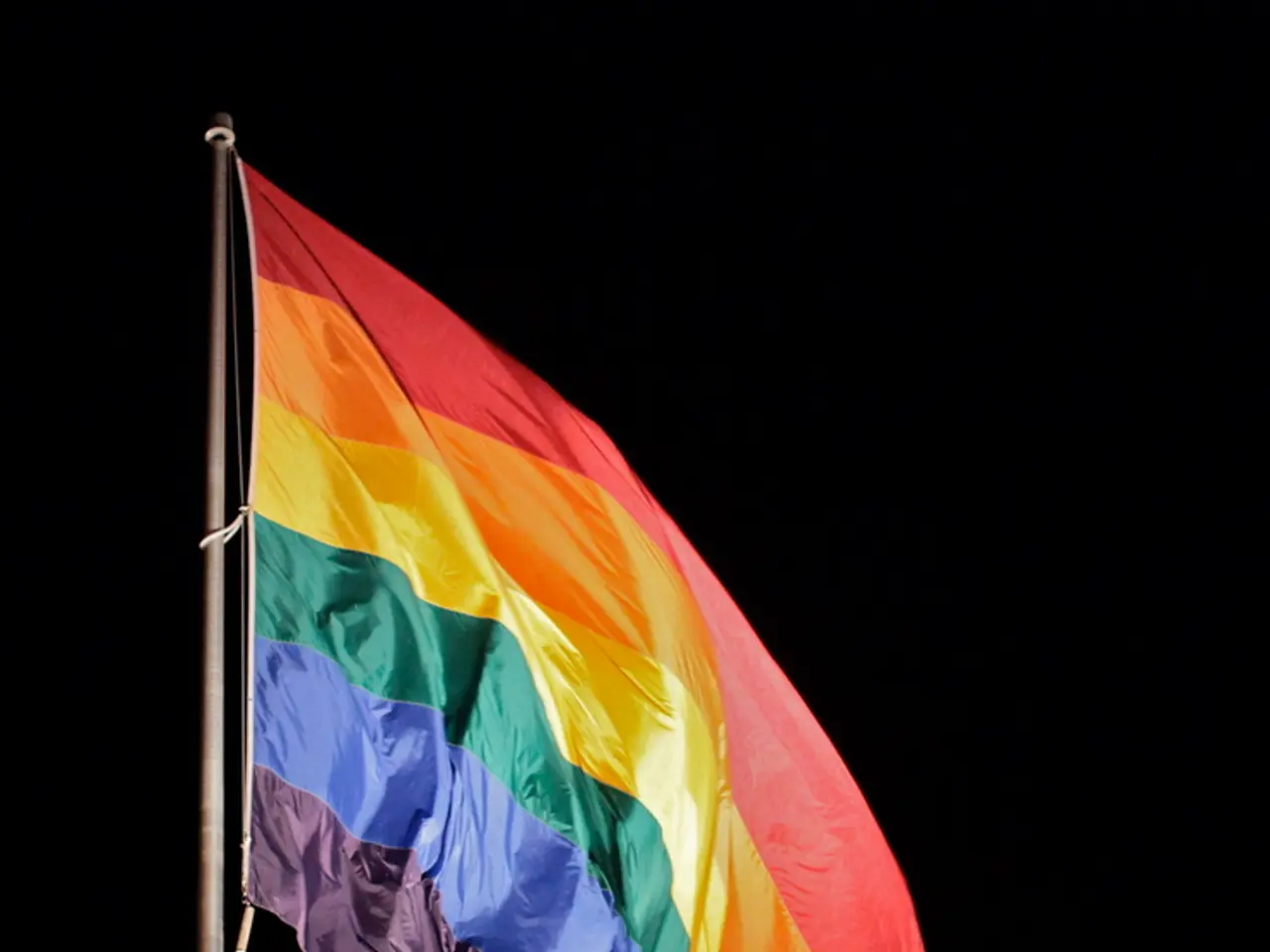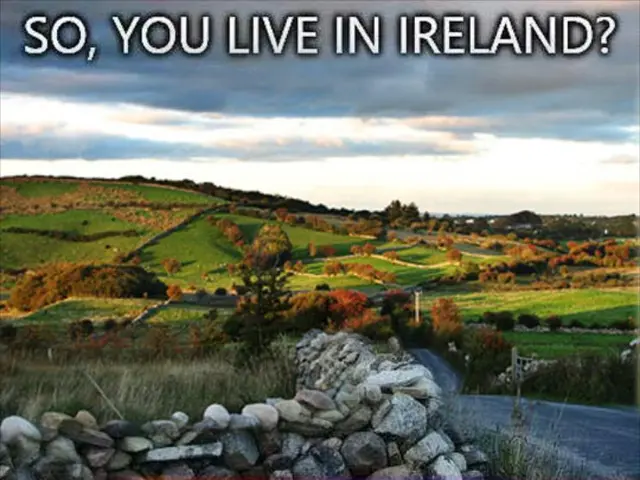Independence Day observance at mosques and dargahs in Chhattisgarh made compulsory by the Waqf Board, with flag hoisting being required.
Chhattisgarh Waqf Board Makes Independence Day Flag Hoisting Mandatory at Religious Sites
The Chhattisgarh State Waqf Board has made a significant move by mandating the hoisting of the Indian national flag at all mosques, dargahs, imambaras, and khanqahs across the state on Independence Day, August 15, 2025.
The decision, announced by the Waqf Board chairman, Dr. N. Salim Raj, is aimed at fostering patriotism, unity, and communal harmony, particularly in response to perceptions cast upon the Muslim community following certain recent incidents.
According to the directive, the national flag must be hoisted at the main entrance or in front of every religious site by the imam, mutawalli, or mosque committee members. Photographic or video proof of the event is to be submitted to the board via an online portal or WhatsApp group.
The Waqf Board's decision reflects the community's deep respect for the Tricolour, as emphasized by Dr. Salim Raj. He stated that the national flag is a symbol of national pride and honor, unrelated to any religion. The directive is intended to express love and respect for the country while maintaining religious freedom, allowing mosques to fly Islamic flags alongside the national flag if desired.
In a separate development, Delhi Police conducted interaction and briefing programs across all districts on Sunday to involve private security personnel in maintaining safety during the festive season. These sessions aimed to enhance the awareness of private security guards regarding protocols and equip them to identify potential threats. The sessions reinforced the role of private security guards as vital partners in ensuring public safety during the festive season.
However, it should be noted that, at present, no similar initiative regarding mandatory national flag hoisting at mosques or other religious sites has been found in relation to Delhi Police.
In summary, the Chhattisgarh State Waqf Board's decision applies to mosques, dargahs, imambaras, and khanqahs in the state, while the programs conducted by Delhi Police were aimed at private security personnel in maintaining safety during the festive season in the national capital. Mosque committees and imams will lead the flag-hoisting ceremonies at religious sites in Chhattisgarh this year, with a dedicated online portal established for each location to upload photographs of the Independence Day celebrations.
This move by the Chhattisgarh State Waqf Board can be viewed as a political action, given its aim to promote unity and communal harmony, falling under the broader category of policy-and-legislation. The decision also carries significant implications for general news, as it addresses a sensitive issue and potentially sets a precedent for other regions.
The recent intervention by the Chhattisgarh State Waqf Board has sparked debate about the role of religion in politics and the extent to which religious institutions should participate in national celebrations, making it an intriguing topic for discussions within the realm of politics and policy-and-legislation.







